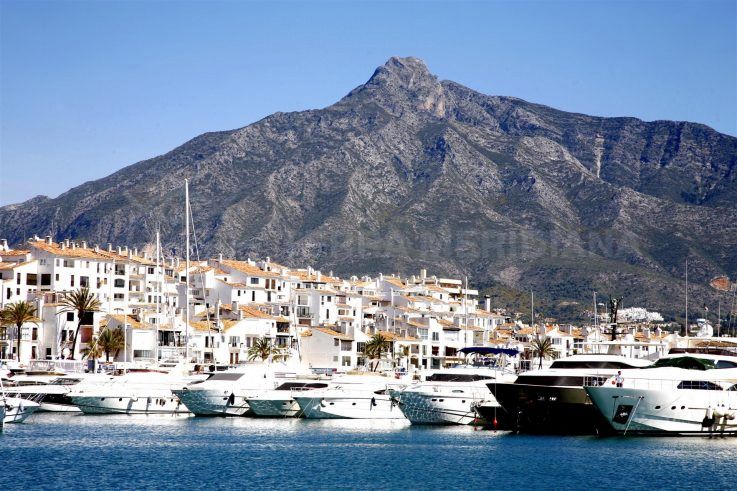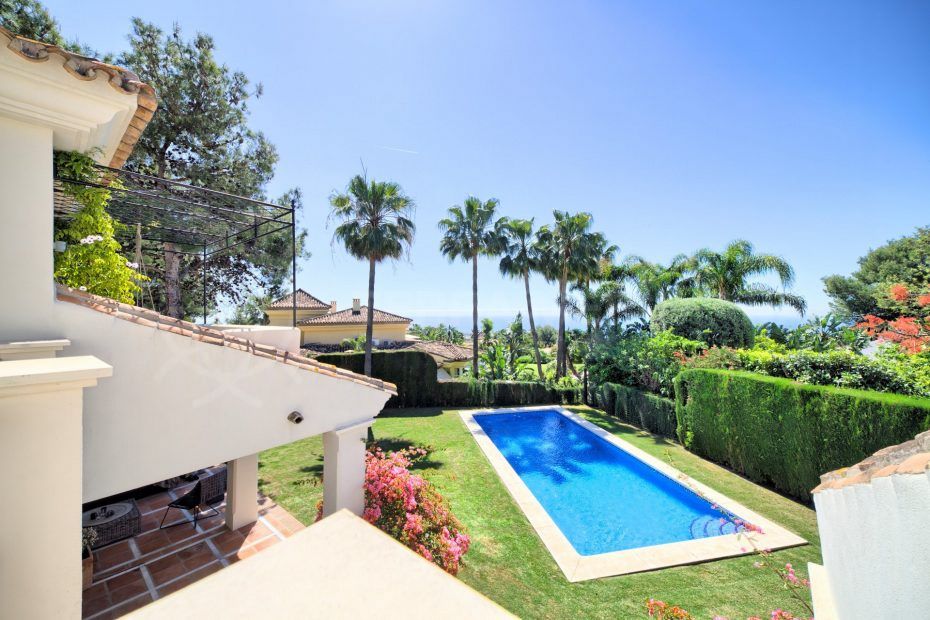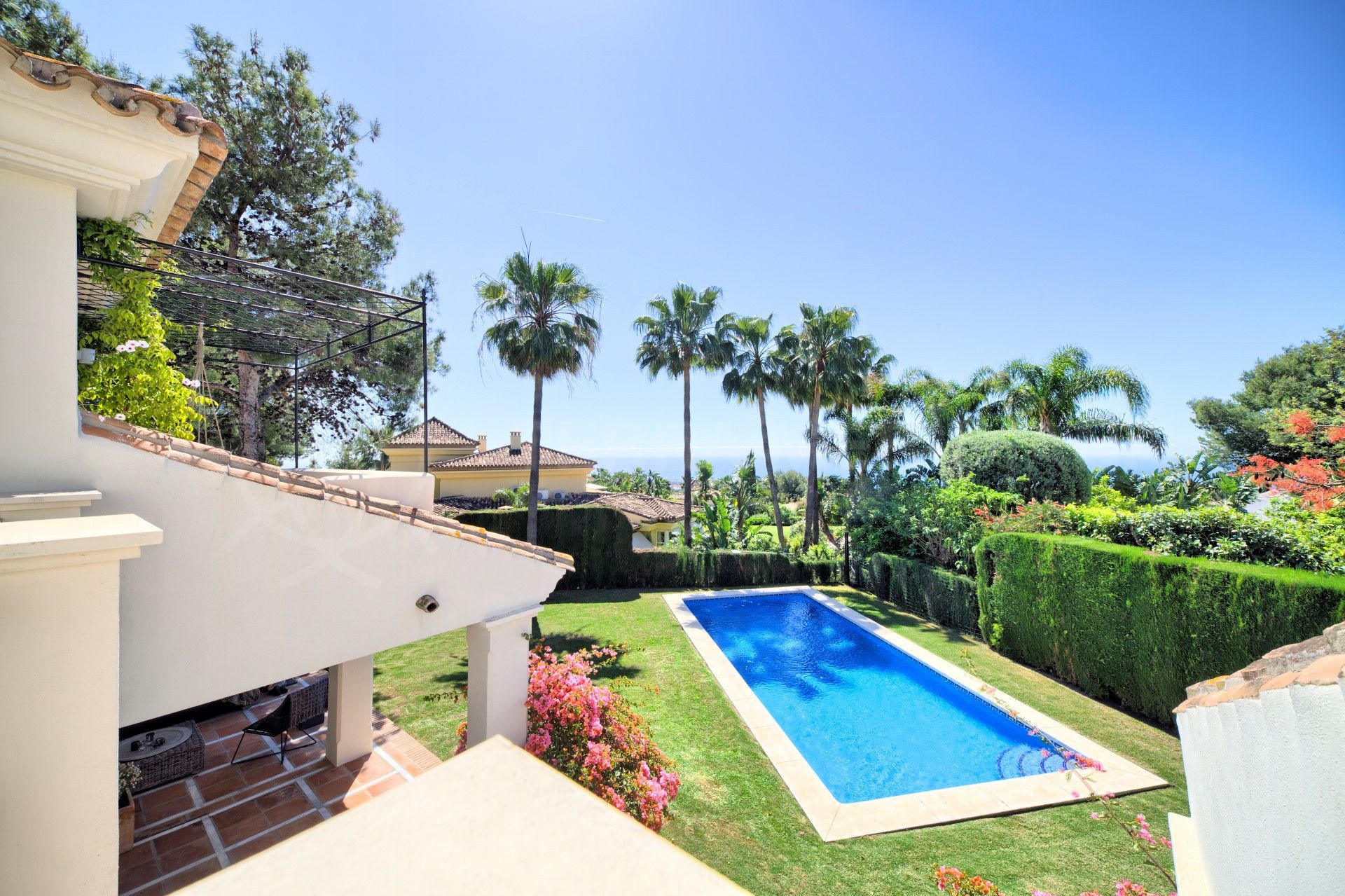
Consult an expert
The costs of selling a property on the Costa del Sol
 If you want to sell a property you own on the Costa del Sol, it’s always a good idea to work out how much you have to pay in taxes and other possible fees beforehand to avoid any surprises
If you want to sell a property you own on the Costa del Sol, it’s always a good idea to work out how much you have to pay in taxes and other possible fees beforehand to avoid any surprises
Everybody – including both private individuals and companies established as vehicles for property ownership – that sells real estate in Spain is legally obliged to pay taxes and, in many cases, a number of additional fees to notaries, banks (for mortgage cancellation, for example) and other professionals, including estate agents like us.
Calculating exactly what you, or a company you own, will have to pay depends on a whole range of factors, including how long you have owned the property for, any increases in value during the period of ownership, the legal status of the person or company who owns the property and your country of fiscal residence.
To find out all the details you need to take into account when selling a property on the Costa del Sol, we asked Inmaculada Domecq, a partner and the director of the tax department at the tax, legal, auditing and accountancy firm of UHY Fay & Co in Marbella, for her professional opinion.
What taxes do you pay when selling property in Spain?
In the first place, Inmaculada says that sellers of property in Spain are only liable for payment of taxes in cases where they make a capital gain from the sale. If you do not earn anything from selling property, i.e. the sale price is the same or lower than that which you originally purchased for, no taxation is due. But, she notes, when sellers do profit, the taxes, and the taxation rates, they have to pay are different.
Independent of whether the seller is a private individual or a company, and irrespective of the country of tax residence, Municipal Capital Gains Tax (Impuesto sobre el Incremento de Valor de los Terrenos de Naturaleza Urbana, better known as the Plusvalía Municipal) may be levied by the local Town Council that is responsible for the municipal area where a property is located.
The rate of taxation varies from municipality to municipality, but is always calculated on the presumed increase in rateable value of the land on which the property stands, in line with the Town Council’s own valuation tables. As a rule, the longer you own a property, the higher your tax bill. If you are deemed liable to pay Plusvalía Municipal, you have 30 days from the date of completion to make payment in full.
What taxes do private individuals pay when they sell property?
All the other taxes on capital gains that derive property sales in Spain are owed to the Spanish Tax Agency (Agencia Tributaria or Hacienda), Inmaculada explains, and depend on both the legal status and the fiscal residence of the seller.
If the seller is not a tax resident of Spain, a flat rate of 19% of Non-Resident Income Tax (Impuesto sobre la Renta de No Residentes or IRNR) is applied to any capital gains made from the sale of properties, except when the property in question was purchased between May 12 and December 31, 2012, in which case a reduced rate of 9.5% applies. In any case, when the buyer is a tax resident of Spain, they are required to retain 3% of the agreed sale price to pay to the Spanish Tax Agency on the seller’s behalf, because, if not, they can be held liable for the seller’s fiscal obligations.
If the seller is a private individual who is resident in Spain and liable to pay Income Tax (Impuesto sobre la Renta de Personas Físicas or IRPF) in the country, capital gains from property sales are taxed on a sliding scale. The first 6,000€ are taxed at 19%, with 21% levied on capital gains from 6,000.01€ to 50,000€, 23% due on amounts from 50,000.01€ to 200,000€, and 26% on sums in excess of 200,000.01€.
Sellers aged over 65 who sell their habitual residence are exempt from payment of IRPF on capital gains, Inmaculada points out, while those under the age 65 are also subject to income tax exemption when any capital gains from the sale of their habitual residence are reinvested in the purchase of another property in Spain to be used for the same purpose within a period of two years.
The amount of tax sellers owe can be calculated by subtracting the sale price, plus admissible costs and deductibles (usually notary fees, commissions paid to estate agents and relevant taxes due) from the purchase price, plus the same associated costs and any improvements made over the period of ownership, in cases where the property has been rented out.
What taxes do companies pay when they sell property?
When the seller of a property in Spain is a company that is tax registered in the country, capital gains from the sale are taxed at a flat rate of 25%, Inmaculada says, under Spanish Company Tax (Impuesto de Sociedades). But when the seller is a company that is registered for tax purposes outside Spain, the flat rate of 19% of Non-Resident Income Tax (Impuesto sobre la Renta de No Residentes or IRNR) is applied to capital gains accrued, except if the property was purchased between 12.05 – 31.12.12, when the reduced rate of 9.5% applies.
What other fees do sellers pay when they sell property in Spain?
In most property transactions in Spain, irrespective of the legal status and tax residence of buyer and seller, buyers agree to pay all the other related costs, including fees charged by the notary, the Land Registry (Registro de la Propiedad) and the Cadastre (Cadastro). However, sellers should make sure that the private purchase contract expressly stipulates this or, if not, you will be liable to pay 80% of these costs. Where applicable, sellers should also inform the community of owners in which the property is located about the sale, to avoid any ongoing liability for other fees or taxes.
Finally, if you used an estate agent to market your property, in the event of a successful sale that the agent brokers on your behalf, you’ll also have to pay the agreed fee to the agent. At Terra Meridiana, we charge sellers an industry-standard fee of 5% of the agreed sale price for our services. And all our fees are subject to VAT (Impuesto de Valor Añadido or IVA), which is levied at a rate of 21% for professional services in Spain.
By Adam Neale | Consult an expert | February 14th, 2022
Related Posts


